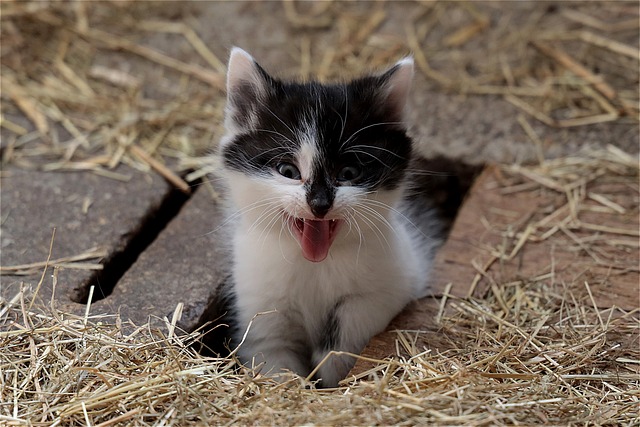Decoding the Cat-Schizophrenia Connection: A Fascinating Puzzle in Science
Ongoing research explores a possible link between owning cats and an increased risk of schizophrenia-related disorders. A recent study indicates twice the odds for those exposed to cats. Possible factors include the Toxoplasma gondii parasite, shared genetics, social isolation, and childhood exposure. While not universally confirmed, the mystery underscores the intricate nature of mental health and prompts continued research for potential preventive strategies, emphasizing responsible pet ownership.
For years, a curious link between owning cats and schizophrenia has been debated within scientific circles. While many adore their furry feline companions, a growing body of research suggests a possible association between cat exposure and an increased risk of developing schizophrenia-related disorders. This intriguing connection, however, remains shrouded in mystery, leaving scientists and the public alike scratching their heads.
A recent study conducted by the Queensland Centre for Mental Health Research found that individuals exposed to cats had approximately twice the odds of developing schizophrenia compared to those who weren’t. This finding, published in the journal Schizophrenia Bulletin, adds to a growing body of evidence pointing towards a potential link.
But what could explain this fascinating correlation? Several potential explanations are being explored:
- Toxoplasma gondii: This parasite, commonly found in cat feces, can infect humans and has been linked to various mental health disorders, including schizophrenia. Could exposure to T. gondii through cat ownership contribute to the risk?
- Shared genetic predisposition: Some research suggests that genes may play a role in both cat ownership preferences and susceptibility to schizophrenia. This shared genetic link could explain the observed association.
- Social isolation: Individuals with schizophrenia often experience social isolation, which could lead them to seek companionship from cats. This social isolation, however, could be a symptom of the illness itself, rather than a cause.
- Childhood exposure: Some studies suggest that the timing of cat exposure might be crucial. One study found a significant link between owning a cat during ages 9 to 12 and later developing schizophrenia. This specific time-frame could be related to increased susceptibility during critical brain development periods.
It’s important to note that not all studies have found a clear link between cat ownership and schizophrenia. Some studies haven’t found any significant association, and others have reported contradictory results. Additionally, the increased risk found in some studies is still relatively small, suggesting that other factors likely play a significant role in the development of schizophrenia.
While the exact cause of the link remains unknown, ongoing research continues to explore the potential mechanisms involved. Scientists are conducting further studies to investigate the role of T. gondii, genetics, and other potential factors. Additionally, research is needed to identify whether this association applies to specific types of cat exposure, such as childhood ownership or duration of exposure.
Understanding the link between cats and schizophrenia could have significant implications for both public health and animal welfare. If a causal relationship is established, it could lead to improved preventive strategies for individuals at risk for schizophrenia. Additionally, it could raise awareness of the importance of responsible pet ownership, including proper hygiene and preventative measures to reduce the risk of T. gondii infection.
While the mystery of the cat-schizophrenia connection remains unsolved, it highlights the intricate nature of mental health and the importance of continued research. The pursuit of answers could not only improve our understanding of schizophrenia but also enhance the lives of cats and their owners alike.


Leave a Reply
You must be logged in to post a comment.